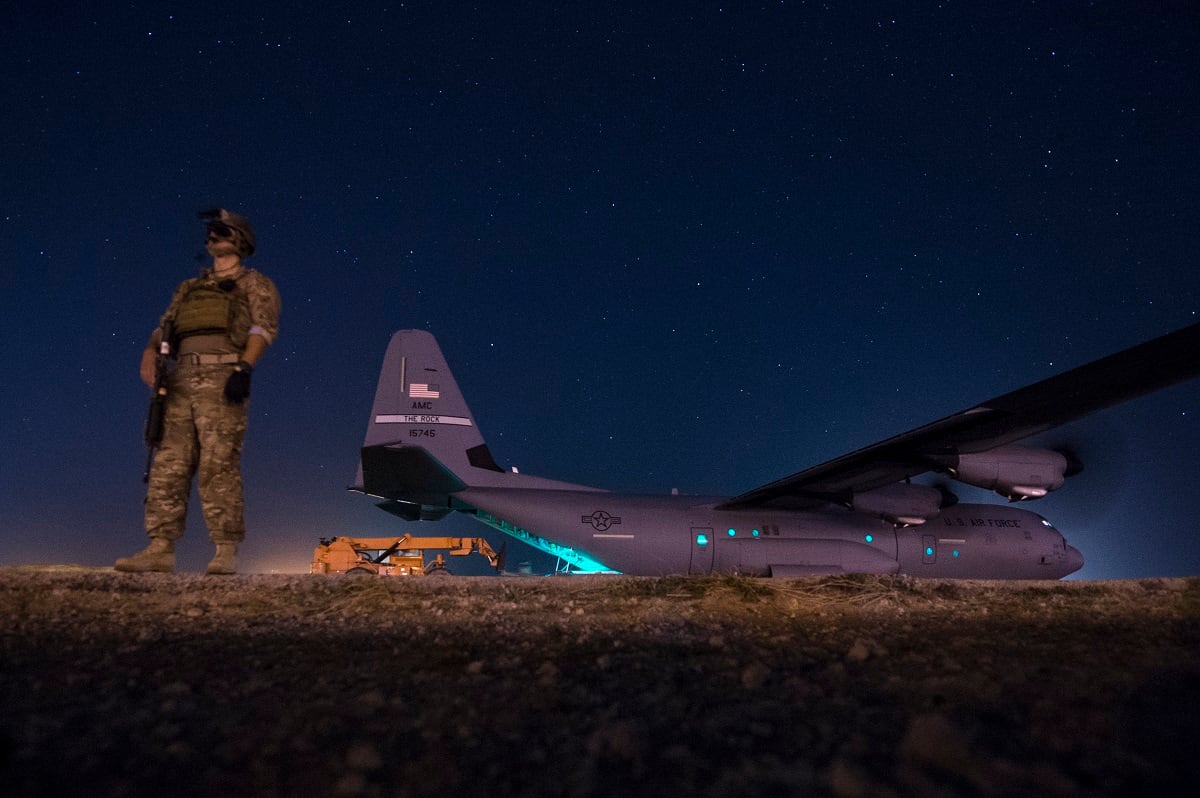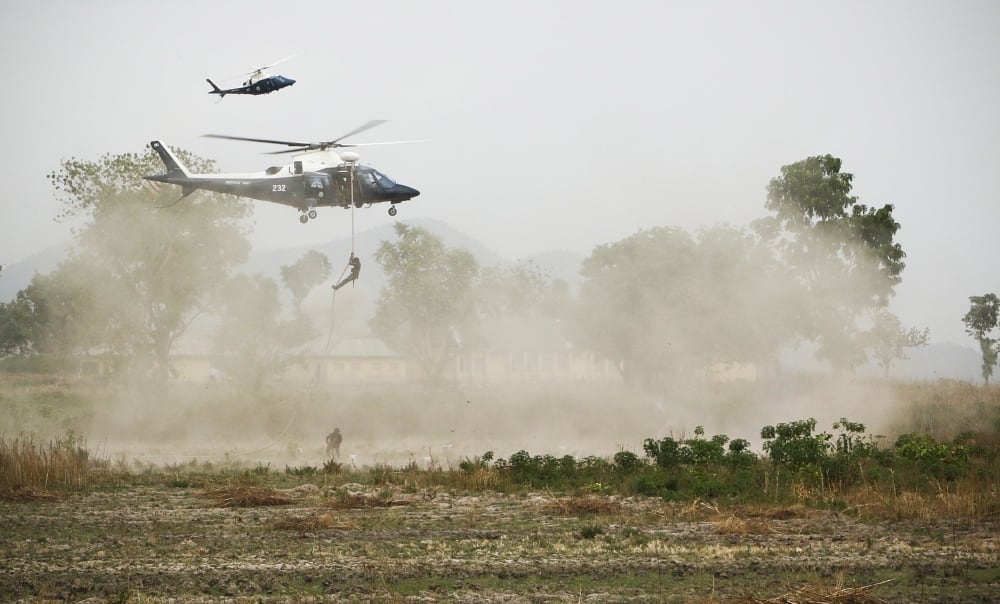The nominee to lead U.S. Africa Command has dealt with Russian mercenaries before during his time in Syria, and is planning to look into their operations on the African continent in his new role.
“I have some experience with these groups and specifically the Wagner Group from my time in Syria,” Gen. Stephen J. Townsend told the Senate Armed Services Committee during his confirmation hearing this week. “I think they concern me greatly, I’m sure they concern Gen. Waldhauser [the current AFRICOM commander] as well.”
Russian mercenaries have been reportedly active across the continent, where they offer African governments training and equipment much like U.S. troops would, but without human rights oversight, American officials said during the hearing.
Wagner Group, a private military company allegedly ran by a former Russian intelligence officer with deep Kremlin connections, acts as a Russian proxy force, officials said.
In February 2018, an unconfirmed number of Russians were killed when a mix of Russian mercenaries and pro-regime Syrian fighters attacked U.S. and local partner forces in eastern Syria’s Deir ez-Zor province.
“They’re a quasi-military and as we saw play out in Crimea and Ukraine, little green men running around, not necessarily following rules or behavior we would expect from proper armies,” Townsend said. “So I have a pretty significant concern for the use of these kinds of forces and the way that the Russians are using them on the continent.”
“If confirmed, this is something I’ll certainly be looking into in greater detail,” he added. “It’ll be an endeavor to try to figure out exactly what they’re doing with them.”
Three Russian journalists sponsored by an exiled Russian businessman were killed in July in the Central African Republic while investigating Wagner Group, which has been active in the war-torn country.
RELATED

Townsend said during the Senate hearing that Wagner mercenaries are closely tied to the Kremlin and train alongside Russian armed forces.
Some activities Wagner carries out are possibly benign, like guarding heads of state or training certain local forces.
“Some of that could be benign, some of that is probably less than benign,” Townsend said.
The issue plays into a larger concern of U.S. lawmakers, who worry that the U.S. is ceding its role in Africa to Russian and Chinese interests.

But Townsend cautioned senators that America’s African partners probably understand what dealing with the Russians and Chinese entails.
“I think that they’re offering a lot of military assistance and a lot of economic assistance but there’s a whole lot of strings attached to that assistance,” Townsend said. “And the potential for, you know, their debt to increase significantly.”
RELATED

Townsend reiterated the concern that when countries can’t pay back their debt, they may end up “surrendering more of their sovereignty and more of their resources to the Chinese and the Russians."
“I think that’s problematic," Townsend said. "I think it’s a concern to all of us because of the potential impacts on our access on the content in our influence.”
Rhode Island Sen. Jack Reed said in his opening remarks at the hearing that Russia is building upon its historic alliances in places like Libya to ensure access to the southern Mediterranean.
The Russians are also forging new partnerships in places like the Central African Republic to secure resources and gain new allies, "which seems to be an attempt by Putin to return to great power influence that they enjoyed over the Soviet Union,” Reed said.
Kyle Rempfer was an editor and reporter who has covered combat operations, criminal cases, foreign military assistance and training accidents. Before entering journalism, Kyle served in U.S. Air Force Special Tactics and deployed in 2014 to Paktika Province, Afghanistan, and Baghdad, Iraq.





